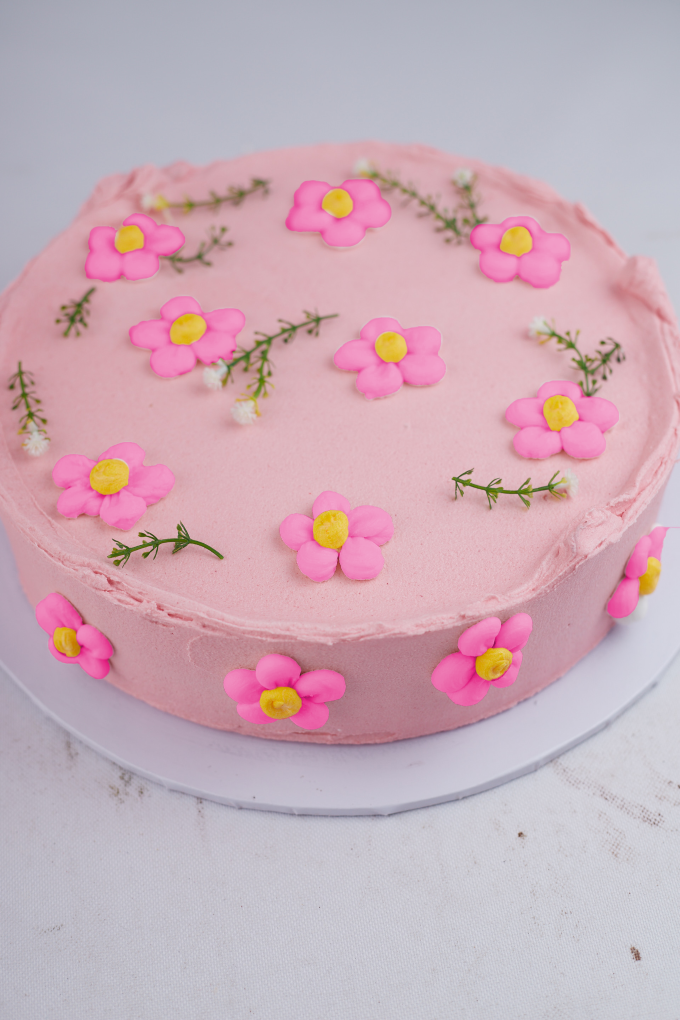

Celebrate Mother's Day by honoring African motherhood across traditions. From the Yoruba proverb "Iya ni wura, baba ni jigi" (Mother is gold, father is a mirror) to the Swahili practice of gifting handcrafted jewellery, each culture expresses deep gratitude for mothers in unique and meaningful ways.
Introduction
Motherhood is a universal experience, yet it is celebrated uniquely across different cultures. While the essence of motherhood: unwavering love, sacrifice, and strength, remains the same, different societies have found beautiful ways to honor and support mothers.
As Mother’s Day approaches, let’s explore how various cultures praise, appreciate, and uplift women and discover meaningful ways to give back to the women who shape our lives no matter the distance.

Nigerian motherhood traditions ensure that new mothers receive care and support. Among the Igbo, the ‘Omugwo’ tradition provides postpartum care, where a new mother’s mother or mother-in-law stays with her to assist with childcare and household duties.
In Yoruba culture, the Esiẹ ritual fosters a nurturing environment for new mothers, reinforcing communal support.
Mothers are honored during family gatherings, church services, and August Meetings, where women play vital roles in community development and leadership.
Nigerian traditions emphasize care, appreciation, and communal love. Even when distant, sending a meaningful gift like a cake keeps traditions alive.
The ‘Akan Outdooring’ ceremony welcomes newborns into the community, with grandmothers leading the rituals and guiding new mothers.
Mother’s Day in Ghana is marked by vibrant celebrations featuring music, dancing, and feasts with traditional dishes like Kenkey, etc.
Ghanaian traditions highlight respect and public acknowledgement of a mother’s role. A heartfelt celebration and a thoughtful gift can make her feel truly special.
The Antrosht Festival is a three-day Mother’s Day celebration where children return home with ingredients to prepare a traditional meal together. Singing, dancing, and storytelling are integral parts of honoring a mother’s wisdom.
Ethiopian traditions remind us that spending time with loved ones and sharing food is one of the best gifts.
South African mothers are celebrated for their resilience and leadership. The term ‘imbokodo’ (grinding stone) symbolizes their strength and endurance.
On Mother’s Day, South Africans wear carnations: red or pink for living mothers and white to honor those who have passed.
Families express gratitude through braais (barbecues), feasts, and church services.
Symbolic gestures and heartfelt words create lasting memories, reinforcing the importance of honouring mothers.
The Maasai sing traditional songs and perform dances to celebrate new mothers.
In Swahili culture, Mother’s Day is marked by feasts and storytelling, where children share valuable lessons learned from their mothers.
Kenyan and Tanzanian traditions emphasize public displays of appreciation; gathering loved ones to express gratitude is the greatest gift.
Mother’s Day in Egypt is celebrated with songs, poems, and heartfelt gift-giving. Handmade crafts, flowers, and sweets are common tokens of love.
Egyptian traditions emphasize thoughtful, symbolic gifts that express deep love and respect.
Across Africa, mothers are honored as nurturers, leaders, and givers of life. From grand feasts and music to quiet acts of gratitude, these traditions teach us that appreciation can be expressed through words, gestures, and meaningful gifts.
This Mother’s Day, send a cake from Baqers and give Mom a slice of joy because every mother deserves to be celebrated.
